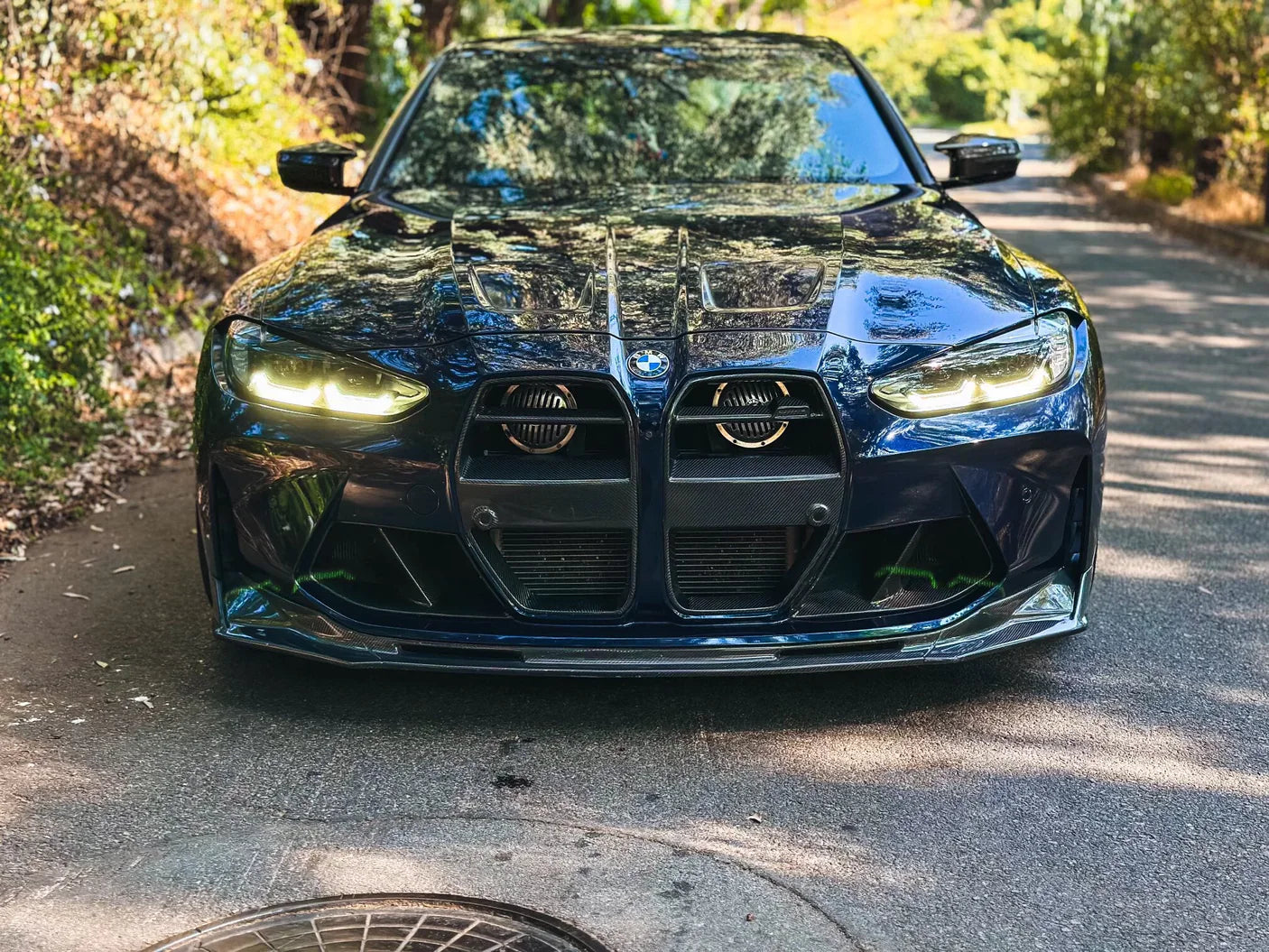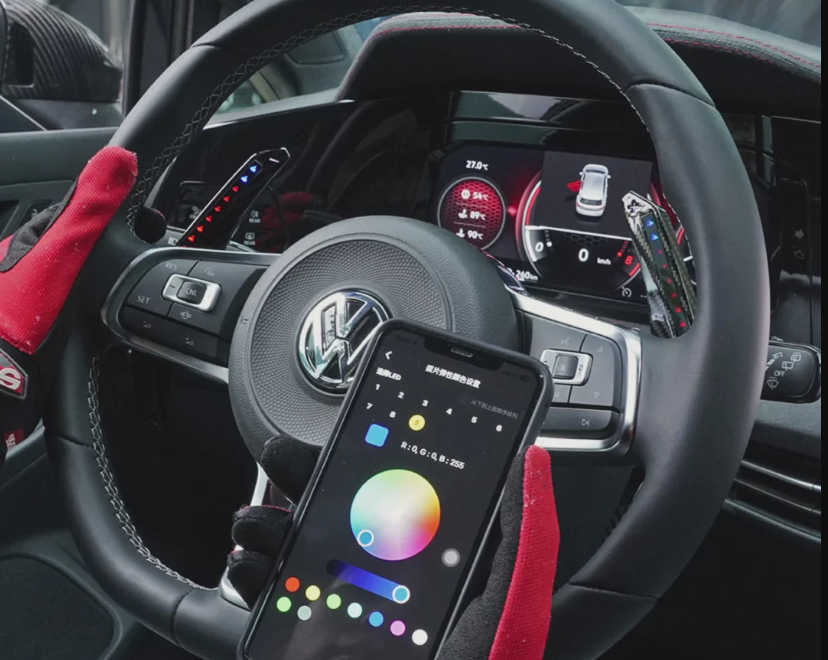Why Do Car Batteries Die in the Winter?
Even the best-kept cars can have battery problems in the cold. Wintertime is when car batteries die primarily because of the combination of lower temperatures and a higher demand for electricity from the gadgets in your car. This blog explores the reasons behind it and provides ways to stop it. We also give an in-depth analysis of battery technologies relevant to the winter months.
The Impact of Cold Weather on Car Batteries
Temperature Drops and Their Effects
As temperatures drop, the chemical reactions within a lead-acid battery slow down significantly. This reduced chemical activity means car batteries produce less energy in cold conditions. For instance, a typical car battery can lose around 35% of its strength at 0°C, and at -17°C, it can lose up to 60%. This decreased capacity is often why your car battery struggles to start your vehicle in the winter.
Power Demands in Winter Months
During winter, your vehicle's energy demands increase. Heating systems, defrosters, and headlights require additional power, which further strains an already weakened battery. This increased demand can cause a vehicle battery to fail, especially if it is old or not in peak condition.
The Role of Battery Type and Quality
The way that various battery types respond to cold weather varies. Lead acid batteries, in particular, are more prone to losing performance in colder months. On the other hand, lithium-ion batteries—often used in electric vehicles (EVs)—can fare better in some situations but still have decreased energy density in the winter.
Preventive Measures for Winter Car Battery Issues
Regular Car Maintenance
Car battery problems in the winter can be partly avoided by routine car maintenance. Before the winter months arrive, ensure battery terminals are clean and there's no battery corrosion, and have your battery tested before the cold season arrives. To avoid problems in the winter, if your battery is over three years old, you might want to get a new one.
Use a Car Battery Cover for Winter
A car battery cover for winter helps insulate the battery, keeping it warmer and more efficient. These covers are instrumental in regions where temperatures frequently drop below freezing.
Best Way to Store Car Battery Over Winter
If you don't plan on using your vehicle during winter, the best way to store a car battery over winter is to remove it and store it in a cool, dry place. Use a trickle charger to maintain the battery's charge during storage.
Upgrading to Better Battery Technologies
Upgrade to batteries intended for colder weather performance. Better cold cranking amps (CCA) and more excellent cold weather resistance are features of premium AGM (Absorbent Glass Mat) batteries. Comparably, more recent lithium-ion battery packs in electric vehicles are more suited for colder climates since they are temperature-range-optimized.
Solutions for Maintaining Car Battery Health in Winter
Regularly Drive Your Vehicle
More than longer travels, many short excursions can deplete your battery. Regular driving of your vehicle guarantees the alternator sufficient time to completely recharge the battery. Longer drives are better for battery health than really short-distance ones.
Keep Your Battery Warm
Use a battery blanket or warmer when parked; they may be plugged in to keep the battery warm overnight. This little gadget may significantly improve the cold morning auto-starting experience.
Monitor and Maintain Battery Storage Conditions
Check the energy storage conditions in electric drive cars. Maintain the ideal temperature of the EV batteries. Your batteries' life may be extended, and their winter performance can be enhanced by proper battery storage.
FAQ Section
Can Car Batteries Freeze in Winter?
Indeed, automotive batteries can freeze in the cold, especially if they are not entirely charged. While a partly charged battery can freeze at about -10°F, a fully charged battery can withstand freezing to as low as -70°F.
How to Keep Car Battery Warm in Winter?
Use a thermal blanket or battery warmer to warm your automobile battery in winter. Cars kept in garages are also more protected from the bitter cold. Regular starting and running of your automobile also contribute to keeping the battery warm and charged.
How Long Can a Battery Last?
Generally speaking, a car battery lasts three to five years. However, this might change based on usage, weather, and maintenance. Your battery will last longer if it is routinely tested and maintained.
Conclusion
Understanding why car batteries die in the winter and taking proactive measures can save you from the inconvenience of a dead battery. Regular maintenance, using appropriate covers and warmers, and storing your battery correctly are all crucial steps.
If you're looking for the best quality aftermarket parts to ensure your vehicle is winter-ready, visit Euro Empire Auto for a wide selection of high-performance products designed for durability and efficiency.







Leave a comment
This site is protected by hCaptcha and the hCaptcha Privacy Policy and Terms of Service apply.